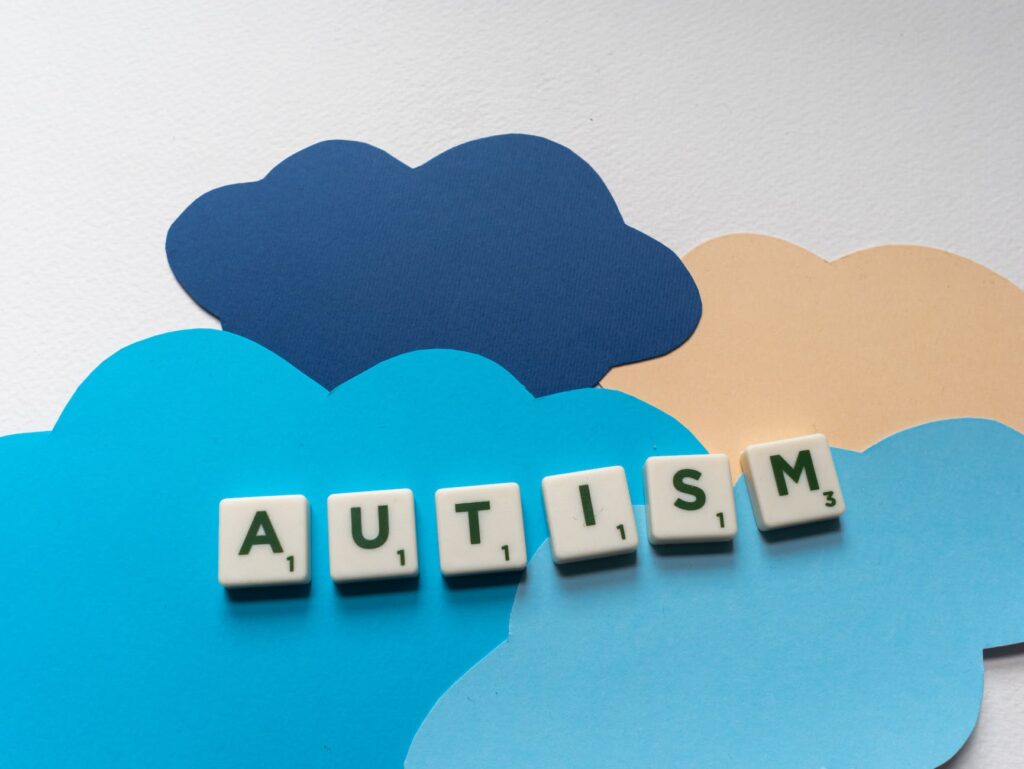
Introduction
Autism is a developmental disorder that affects how a person communicates and interacts with others. It can range from mild to severe in symptoms, but no matter the severity, early intervention is key. Say’s Dr. Michael Hilton, if you think your child could be autistic, talk to your doctor about ways to help him or her develop skills and abilities as they grow up.
Being able to tell whether your child is autistic can help you get the help they need.
If you suspect your child has autism, the first thing to do is get a diagnosis. While there are no tests for diagnosing autism, having an official diagnosis can help you access services and resources that can help your child reach their full potential.
The difficulty in diagnosing autism is due partly to the fact that symptoms vary from person to person and also because there’s no single test for it–instead doctors rely on observations of behavior over time. For example, one person may have trouble reading body language while another might be more interested in how things work than socializing with others (both common traits among people with ASD).
Talk to your doctor about what kind of help your child needs.
If you’re concerned about your child’s behavior, it’s important to talk to your doctor about what kind of help your child needs. You should ask questions like:
- What do I need to know about autism?
- How can I help my child with autism?
- What kind of intervention is available for children with autism?
Ask questions and get answers.
It’s important to ask questions and get answers. Your doctor may be able to recommend a treatment plan, or he or she might refer you to someone who can help determine the best course of action for your child.
You should also ask about what needs to happen next, as well as how long it will take before they can start seeing results.
Early diagnosis and treatment can make a difference in how well your child grows up with autism.
Early diagnosis and treatment can make a difference in how well your child grows up with autism. Early intervention is especially important because it helps children learn to communicate, interact with others and make friends. A child who receives this type of intervention will be more likely to succeed in school and beyond.
Conclusion
We hope that you now feel more confident in diagnosing your child with autism and getting them the help they need. The earlier you start, the better off they’ll be.